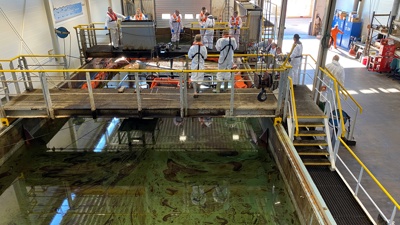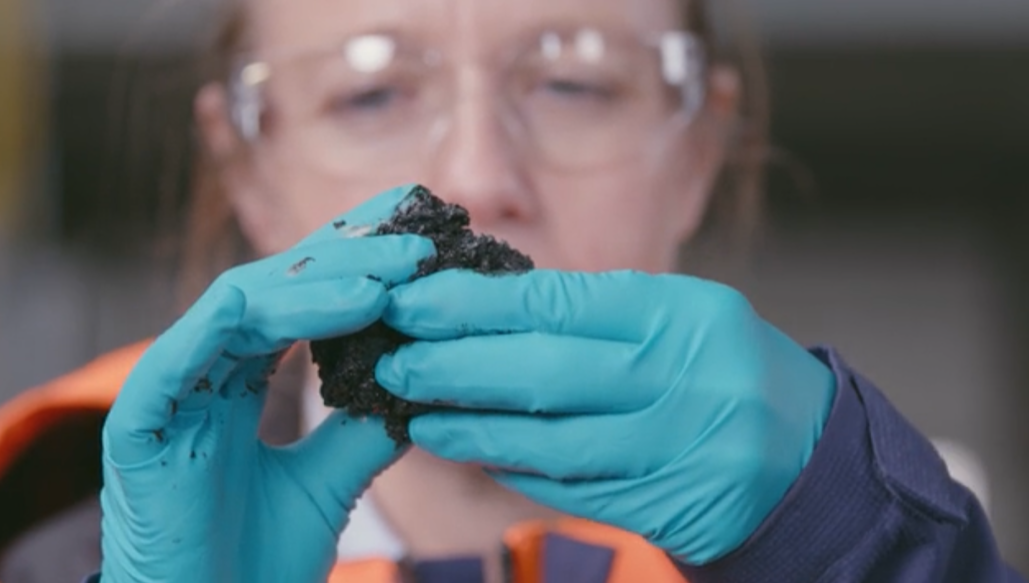Successful oil spill response following shipping incidents will reduce impacts on the marine environment and socio-economic consequences for affected coastal communities.
Changes in IMO regulations to reduce air emissions from ships have resulted in a "new generation" of fuel oils. These new fuel types can pose challenges in the event of accidental spills, and their behavior after release has been little studied. Laboratory and basin testing so far has revealed a considerable diversity of fuel oils in terms of physical and chemical properties, as well as toxicity.
The Norwegian Coastal Administration leads IMAROS and IMAROS 2
From 2020 to 2022, the Norwegian Coastal Administration led the EU-funded IMAROS project, which aimed to gather knowledge and experience from several countries to develop recommendations on how best to carry out oil spill response operations involving low-sulphur fuel oils. The project was a collaboration between Norway, Sweden, Denmark, France, Belgium, and Malta.
In 2024 and 2025, this work continues through IMAROS 2, also led by the Norwegian Coastal Administration, and funded by the EU. The same countries are participating, and Finland and the Netherlands have now joined the partnership.

